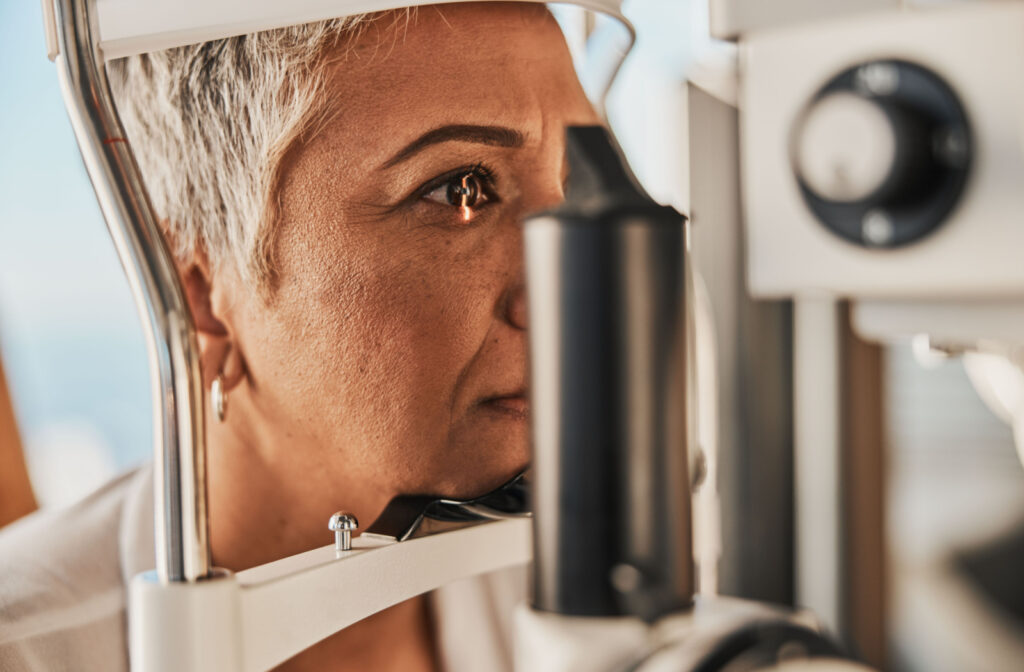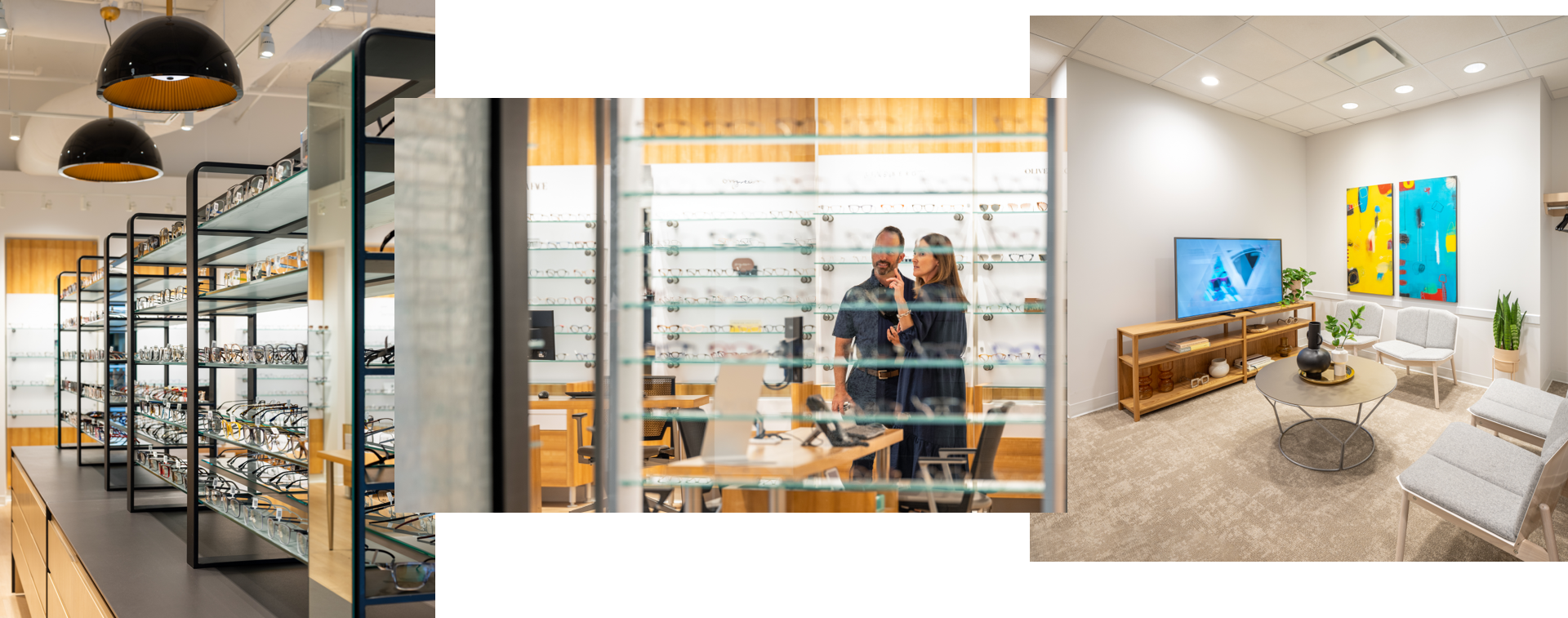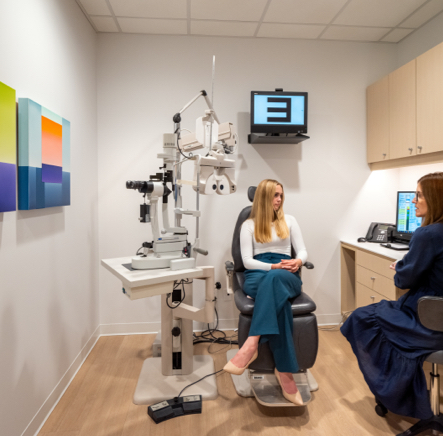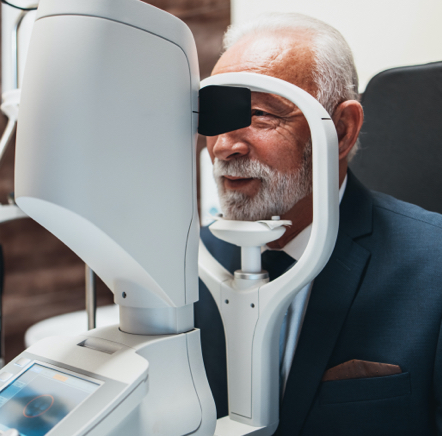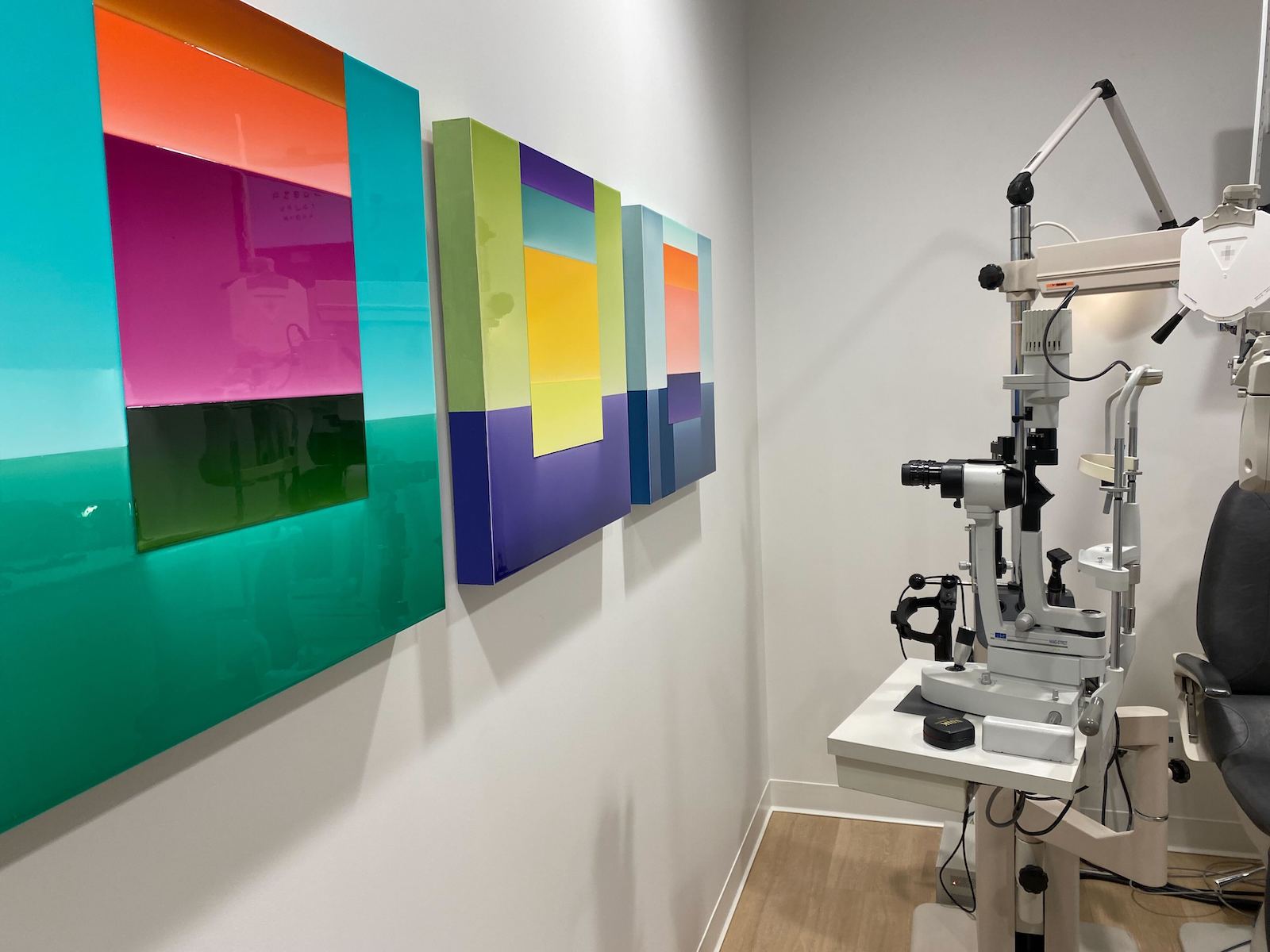Glaucoma is a term that refers to a group of eye conditions often recognized by their connection to high pressure inside the eye. It can lead to damage to the optic nerve and cause permanent vision loss. In its earliest stages, this condition doesn’t have noticeable symptoms, leading many people to wonder how it’s diagnosed when it doesn’t show early symptoms.
Fortunately, an optometrist can diagnose glaucoma during a comprehensive eye exam. If you think you’re at risk of developing this condition, we can confirm your risk by examining your retina, checking your peripheral vision and using a tonometer to check the pressure inside your eye.
Glaucoma is often much more treatable in its earlier stages. This makes it essential to visit your optometrist for preventive eye care. We can monitor your ocular health to diagnose and treat conditions like glaucoma early.
Because of this, glaucoma is often referred to as the silent thief of sight.
How Does Glaucoma Affect Your Eyes?
Glaucoma often develops because the pressure inside your eye becomes too high and starts to damage your optic nerve—the part of your eye that sends signals to your brain.
Your optic nerve is made of millions of tiny little fibers. When the pressure in your eye starts to build, it can start choking or damaging those fibers, restricting how much visual information gets sent to the brain and slowly causing more serious vision problems.
If left untreated, glaucoma can start to cause more and more damage to the optic nerve. As it progresses, it can cause enough damage to lose most of your peripheral vision. In some cases, it can even cause total blindness.
Why Does Glaucoma Develop?
Your eye is a complex system, and the front of it is filled with a liquid called aqueous humor. This helps the eye keep its shape and brings nutrients to parts of the eye that can’t get them from the bloodstream.
Your eyes are constantly making more of this fluid. Every day, they each make about 1 teaspoon more. If they were to constantly make more fluid, the pressure would build—unless the old fluid goes somewhere.
There’s a tiny drainage system in the eye, similar to any sink or bathtub. This helps the old fluid leave after it’s finished bringing nutrients to your eye. But sometimes, this system has a problem, or an injury causes damage to it, making it harder for aqueous humor to drain properly.
When the old fluid isn’t leaving, and the eye is still making more, the pressure in the eye can begin to build—leading to glaucoma.
Normal-Tension Glaucoma
There are some cases where glaucoma develops without a change in eye pressure, which is called normal tension glaucoma. The exact causes of normal tension glaucoma are still being researched, but it is thought that poor blood circulation may be a potential cause.

What Are the Symptoms of Glaucoma?
That is the key problem with glaucoma—in the earlier stages, it has no easily noticeable symptoms. Glaucoma can go undetected for a long time while pressure builds and it causes serious damage.
As glaucoma progresses, it can lead to:
- Blind spots in your vision
- A loss of peripheral vision
- Pain
- Halos around light sources
- Headaches and migraines
- A feeling of pressure in the eye
If left untreated, glaucoma can cause serious long-term damage to the optic nerve, and permanent vision loss
How Is Glaucoma Diagnosed?
You might be asking yourself—if there are no symptoms in the early stages, how is glaucoma even caught at all before it’s too late?
Fortunately, that’s where it’s helpful to talk to your optometrist. We can speak with you about your risks and look for warning signs during a comprehensive eye exam.
If we think you’re at risk of developing glaucoma, we can take a closer look at your retina and the inner parts of your eye with tests and techniques like fundus photography and optical coherence tomography. Routine, comprehensive eye exams give us an opportunity to diagnose glaucoma in the earlier stages—where it’s often more treatable.
How Is Glaucoma Treated?
Glaucoma is often much easier to treat in its earlier stages before it’s done any damage to the optic nerve. If we think you have glaucoma, we may recommend one or more of the following:
- Prescription medication to help reduce pressure in your eye
- Laser surgery to help your eye drain properly
It’s important to begin treatment promptly if you’ve been diagnosed with glaucoma. The optic nerve is an extremely complicated part of your body, and it can’t recover like other parts of your body. If it’s damaged, it can’t heal—meaning that any vision loss you experience before beginning treatment may be permanent.
Test Your Eyes for Glaucoma
If you’re worried about glaucoma—or just want to visit a friendly optometrist for a comprehensive eye exam—come see us at Downtown Vision Care. Book an appointment to speak with us about your unique ocular health needs.


